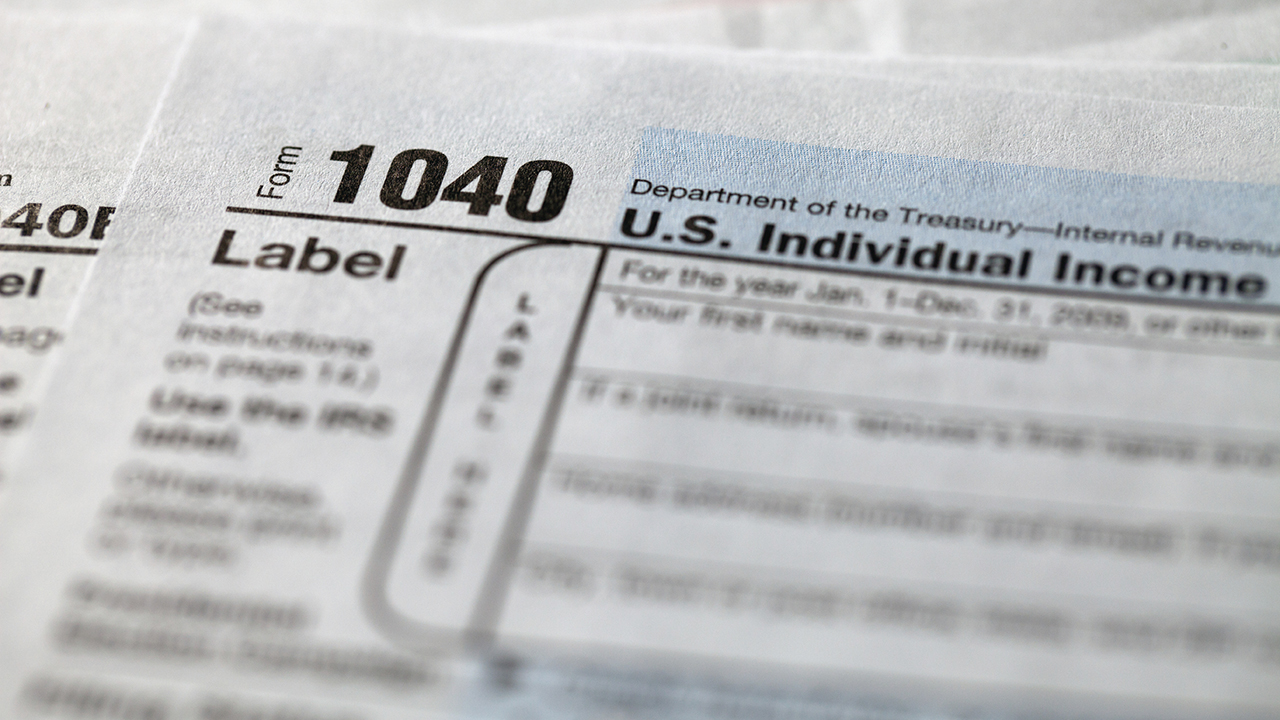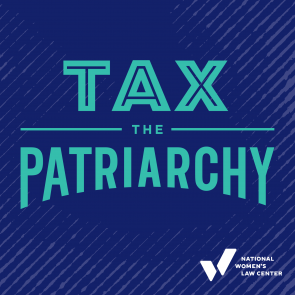Abortion rights, women of color, and LGBTQI+ people are under attack. Pledge to join us in fighting for gender justice.
How States Are Making Care Less Taxing in Tax Year 2020

 It’s time to file your 2020 tax returns, if you haven’t already! If you paid out-of-pocket child or dependent care expenses in 2020, or if you’re a child care provider or advocate who knows families that did, you should know about state tax provisions that help reduce these expenses.
It’s time to file your 2020 tax returns, if you haven’t already! If you paid out-of-pocket child or dependent care expenses in 2020, or if you’re a child care provider or advocate who knows families that did, you should know about state tax provisions that help reduce these expenses.
Many parents struggle to afford high-quality, affordable child care, especially during the current economic and health crisis. Part of this struggle is the high cost of child care expenses. For some low-income families, child care costs represent 35% of their income. The federal government and most states have some type of child and dependent care (CADC) tax provision that allows families to claim these expenses and reduce the amount of taxes they owe. Twenty-eight states and the District of Columbia offer state CADC provisions that lower families’ tax bills, and fourteen of those provisions can provide families with tax refunds.
When you file your federal and state tax returns, make sure you claim any CADC tax credit or deduction, if you can. We also want to flag changes to state CADC tax provisions for Tax Year 2020:
- Kansas increased the value of their CADC credit! Kansas increased its CADC credit from 18.75% (2019) to 25% (2020). Now, families can claim a maximum value of $525 from the credit.
- Louisiana eliminated its Household Expense for Physically and Mentally Incapable Persons Credit. This credit helped families reduce the cost of caring for individuals physically or mentally incapable of caring for themselves.
- Massachusetts has a deduction, not a credit, for child and dependent care expenses. Massachusetts reduced its individual income tax rate down to 5%, which lowered the maximum value of the deduction to $240 for one child or dependent and $480 for two or more children or dependents.
- Three states have annual changes to CADC tax credits built into their statutes. The District of Columbia raises the maximum value of its Keep Child Care Affordable Tax Credit every year for a cost-of-living adjustment; for Tax Year 2020, the credit was raised to $1,010. The District of Columbia also increases the income threshold of this tax credit every year to keep up with inflation, as does Minnesota for its CADC tax credit. Similarly, Oregon adjusts eligibility for its Working Family Household and Dependent Care Credit, which is available to families making up to 300%of poverty, for the updated federal poverty level each year.
In addition to tax benefits for child and dependent care expenses, many families also qualify for the federal and state Earned Income Tax Credits and the Child Tax Credit. However, many families struggle to claim their tax benefits even when we’re not in the middle of a pandemic. This year, families’ tax returns may be even more complicated. So, we want to provide several resources that can help low- and moderate-income families file their taxes and claim all the benefits for which they are eligible.
- The Volunteer Tax Assistance (VITA) program offers free help on state and federal tax returns for people who generally make $57,000 a year or less, people with disabilities, and limited English-speaking taxpayers. Use this search function to find a VITA site near you and check this IRS page for what information and documentation you should prepare beforehand.
- The IRS Free File Program is a partnership between the IRS and tax preparation companies to provide free tax-filing products to qualifying families. For families making less than $72,000, the service provides a free guided preparation for federal tax returns and may also cover state tax returns.
- GetYourRefund.org is a service offered by Code for America that partners with VITA sites to provide assistance on state and federal tax returns for families paid less than $66,000 a year. Trained, IRS-certified volunteers prepare and double check families’ tax returns to make sure they are correct and complete.
Millions of families have suffered job and income losses this year and are struggling to cover everyday expenses. Tax benefits like state CADC provisions can help reduce families’ tax bills—or boost their incomes—in tough times like these. So, it is more important than ever for families to take advantage of available tax filing resources and to claim their tax benefits.






